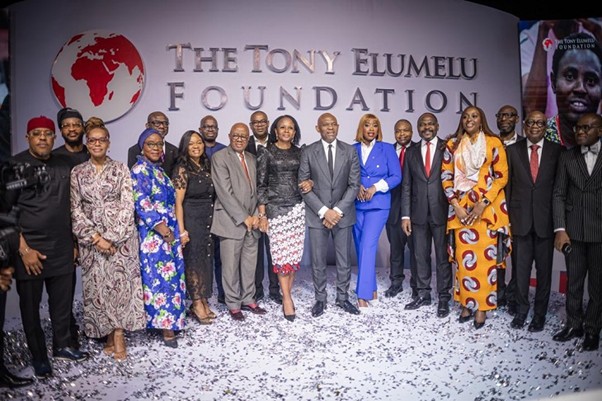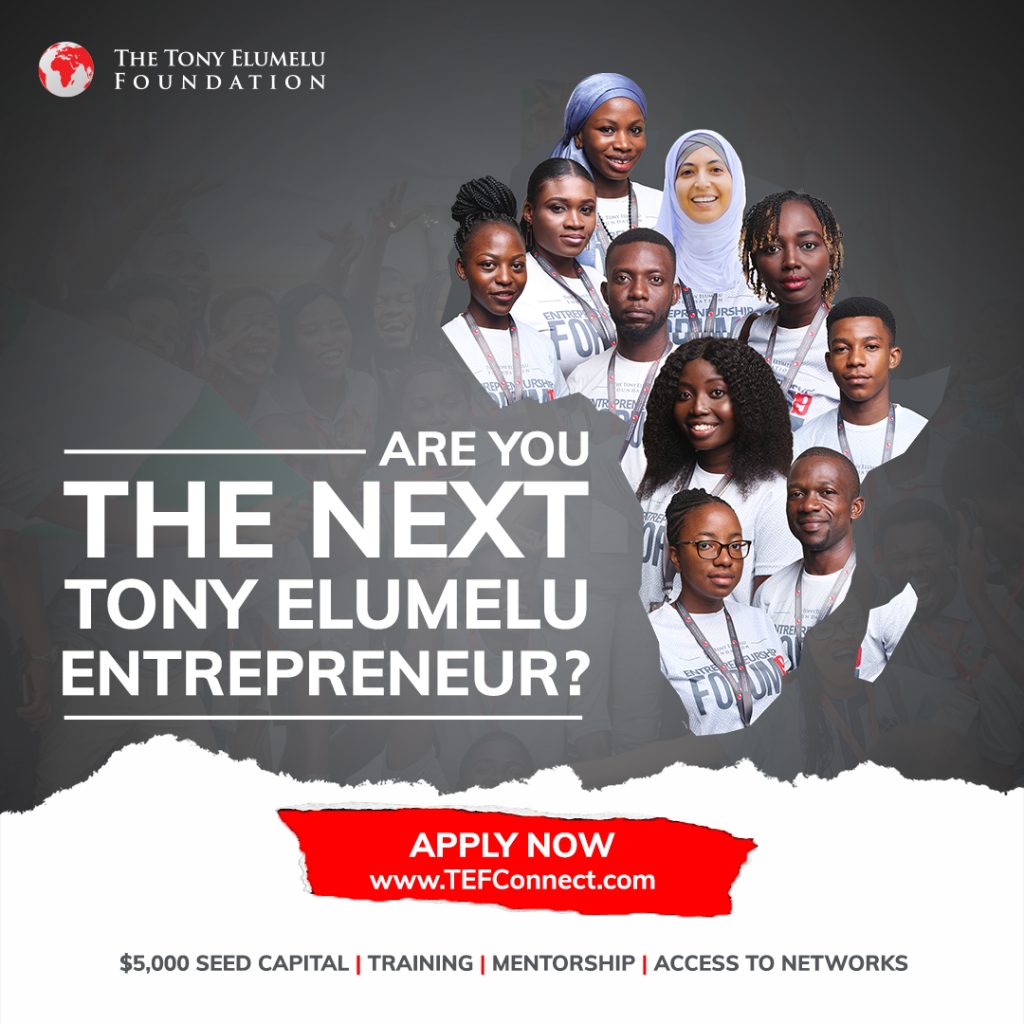
The Private Sector’s Playbook for Human Capital in Africa
Africa’s demographic dividend, its young, rapidly growing population, is often cited as its greatest asset, yet that potential frequently collides with the reality of slow labour absorption, skills gaps, and fragile employment systems.
While traditional policy levers like building more schools and importing curricula have yielded limited results. The Tony Elumelu Foundation (TEF) employs an Africapitalism-based approach to address human capital challenges in Africa, distinct from traditional policy methods. Since the launch of the TEF Entrepreneurship Programme in 2015, the Tony Elumelu Foundation has granted over 2.5 million young Africans with access to trainings via its proprietary digital hub,TEFConnect, and provided over $100 million in direct funding to more than 24,000 entrepreneurs, resulting in the creation of up to 1.5 million jobs.
This is a parallel skills system in action: entrepreneurship as mass human-capital formation.
Entrepreneurship as Human Capital Formation.
Where public policy typically segments “entrepreneurship” from “labour,” TEF collapses the boundary. Our flagship Entrepreneurship Programme treats the entrepreneur not just as a firm-starter, but as a skill node, a multiplier in the labour market.
The model is simple but radical: teach a founder financial literacy, market analysis, resilience, and digital adoption, and you are indirectly teaching their employees, suppliers, and even customers.
Our proprietary digital hub, TEFConnect, not only delivers training modules; it creates peer-to-peer learning, mentoring, and access to tools that spill into the broader workforce. TEFConnect functions both as a skills accelerator and a market signal: it not only equips entrepreneurs with practical knowledge but also reveals in real time which capabilities are most in demand and builds them at scale.
The Macro Impact of Entrepreneurial Training.
What does this mean for Africa’s labour markets? Three shifts stand out:
- From Wage Dependence to Opportunity Creation
On average, each active Tony Elumelu Entrepreneur creates an average of 13 jobs, with employees earning three times above the national per capita income. Beyond headcount, we are redefining “job” itself by blending formal and informal work into viable pathways for income security.
- From Curriculum Deficits to Market-Driven Learning
Unlike many vocational systems, TEF’s training is modular, digital, and updated in sync with market shifts. With 80% of entrepreneurs generating revenue and reporting 40% increases in turnover, this model keeps skills tethered to actual demand curves, not outdated curricula.
- From Human-Capital Scarcity to Distributed Capability
The OECD has identified a “capability trap” in Africa characterised by overstretched institutions and unfulfilled ambitions. In contrast, the Tony Elumelu Foundation (TEF) addresses this by empowering entrepreneurs, decentralizing capability, and fostering resilience; 76% of TEF entrepreneurs integrate into broader value chains.
Implications for Policymakers and Institutions.
For governments and development partners, the lesson is not to outsource education to the private sector, but to integrate entrepreneurial training into human-capital strategy. Imagine if ministries of labour accept TEFConnect not as a n complementary infrastructure: a digital vocational arm reaching youth faster, cheaper, and with measurable results.
The Tony Elumelu Foundation effectively puts into practice the Harvard Business Review’s argument for treating human capital as a strategic asset.
Through its scalable digital training and mentorship programmes, the Tony Elumelu Foundation empowers entrepreneurs in challenging environments, reaching historically underserved groups such as women, who make up 46% of Tony Elumelu Foundation beneficiaries.
The Stakes Ahead
By 2035, Africa will have the world’s largest working-age population. Whether this becomes a demographic dividend or a demographic disaster will depend less on the number of schools built, and more on how effectively young Africans can convert skills into livelihoods.
The Tony Elumelu Foundation’s model clearly shows that investing in entrepreneurship is not just about launching startups; it is about scaling skill systems and embedding resilience into entire labor markets. If governments and global institutions collaborate and scale these lessons, Africa can transform its demographic pressure into a powerful engine of prosperity and opportunity.

